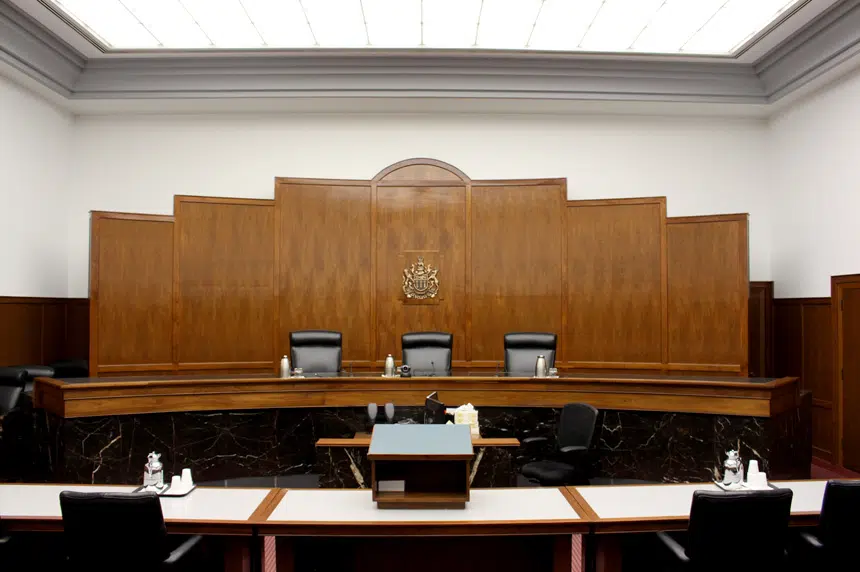A Saskatchewan man who was convicted in a crash that killed his spouse in 2016 is being given a new trial.
On July 3, 2016, just after midnight, Christopher Thalheimer was driving his pickup down a grid road southwest of Melfort with his spouse, Roberta Sanderson, in the truck.
According to court documents, the truck hit the 77th car of a CN train at a marked crossing. The truck got lodged in the train and was dragged for nearly two-thirds of a kilometre until it came off the train and came to rest near a slough.
Thalheimer and Sanderson were in the truck for 15 hours before the crash was discovered. He was seriously hurt and Sanderson was killed.
In 2019, Thalheimer was convicted of dangerous driving causing death and was sentenced to 18 months behind bars, with one year of probation and a two-year driving prohibition.
The crux of Thalheimer’s conviction was how fast he was driving and whether he hit the brakes.
Thalheimer testified at his trial he would have been driving between 50 and 70 kilometres per hour passing a nearby cemetery and that he would have been going about 50 km/h when he hit the train. He gave those estimates because he remembered driving at a normal speed for that area.
An RCMP reconstructionist, Sgt. Trenton Entwistle, did the analysis of the crash. He determined the truck had been driving about 127 km/h just before the crash and had slowed down to 97 km/h just before impact.
Entwistle had to make this determination through a recorder in the airbag control module in the truck, which records things like engine speed and wheel speed.
However, there wasn’t any physical evidence because it had been so long between the crash happening and the crash being discovered; much of the evidence that would have been on the road had been driven over.
The defence tried to introduce an article about the unreliability of data from those recordings, but the trial judge felt it was too old to be reliable.
According to the Court of Appeal’s decision, Thalheimer said he wouldn’t have been going 120 km/h on that road because the quality of the road was so bad a person couldn’t drive that fast “even if you wanted to.”
The Court of Appeal, with the decision written by Justice Barrington-Foote, found the trial judge made a mistake in the decision by dealing with Entwistle’s and Thalheimer’s conflicting evidence as a “credibility contest” and coming at it with an either/or mindset and discounting that neither could be credible leading to a finding of reasonable doubt.
The court also found the trial judge misapprehended Thalheimer’s evidence, and Justice Barrington-Foote wrote he found Thalheimer’s evidence to be credible because he explained he remembered driving at a normal and comfortable speed and that’s why he thought he would have been driving 50 to 70 km/h.
Ultimately, the Court of Appeal allowed Thalheimer’s appeal of his conviction and ordered a new trial.











